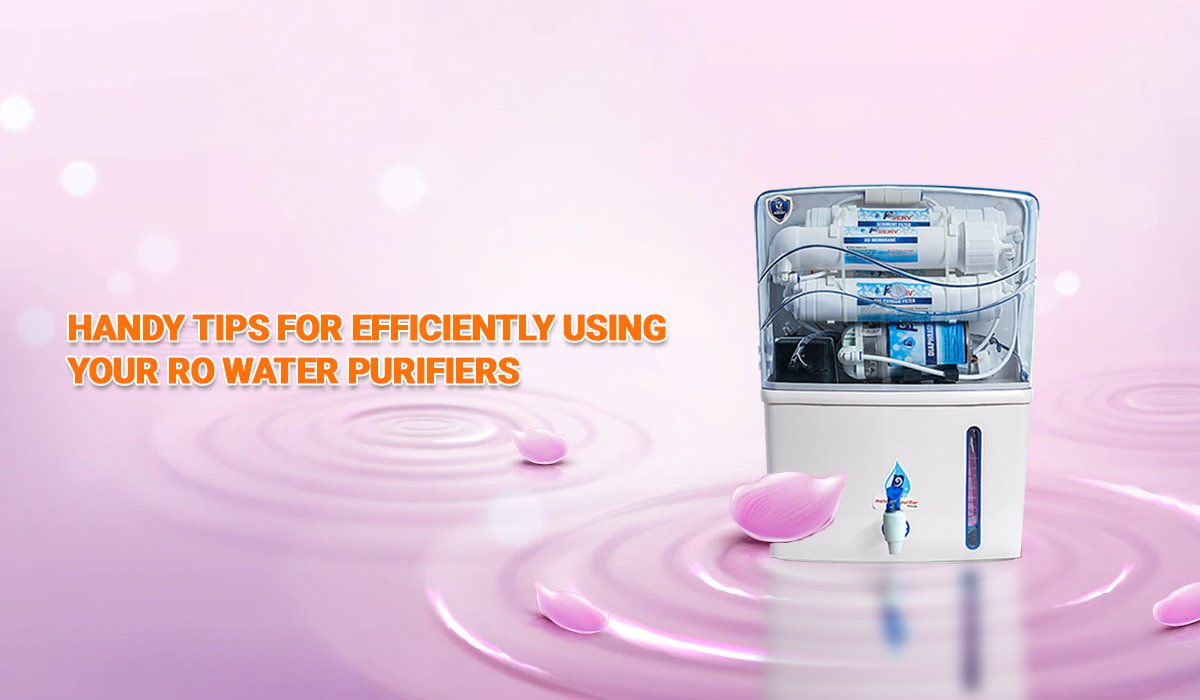The Importance of a Quality Water Purifier for Your Home
Jul 24,2024

Access to pure water is essential for human health and wellbeing. Water is a fundamental human need, and it is critical for our bodies to function correctly. The human body is made up of around 60% water, and it plays a crucial role in many bodily functions, including digestion, circulation, and temperature regulation.
However, not all water is created equal, and access to pure water is not always a given. Contaminated water can lead to a range of health problems, including diarrhea, cholera, typhoid fever, and other waterborne diseases. According to the World Health Organization, over 2 billion people lack access to safe drinking water, and approximately 829,000 people die each year from diarrhea caused by unsafe water, sanitation, and hygiene.
Access to pure water is particularly crucial for vulnerable populations, such as children, pregnant women, and people with weakened immune systems. Drinking contaminated water can have severe and long-lasting health consequences for these individuals, including stunted growth, malnutrition, and even death.
In addition to drinking water, access to pure water is also essential for hygiene and sanitation. Without clean water, it is challenging to maintain good hygiene practices, which can lead to the spread of infectious diseases. Proper sanitation facilities and practices, such as toilets and handwashing, are also dependent on access to clean water.
In conclusion, access to pure water is crucial for human health and wellbeing. It is essential for bodily functions, preventing waterborne diseases, and maintaining good hygiene and sanitation practices. Governments and organizations must work together to ensure that everyone has access to safe drinking water, as it is a basic human right.
We Are Social On: